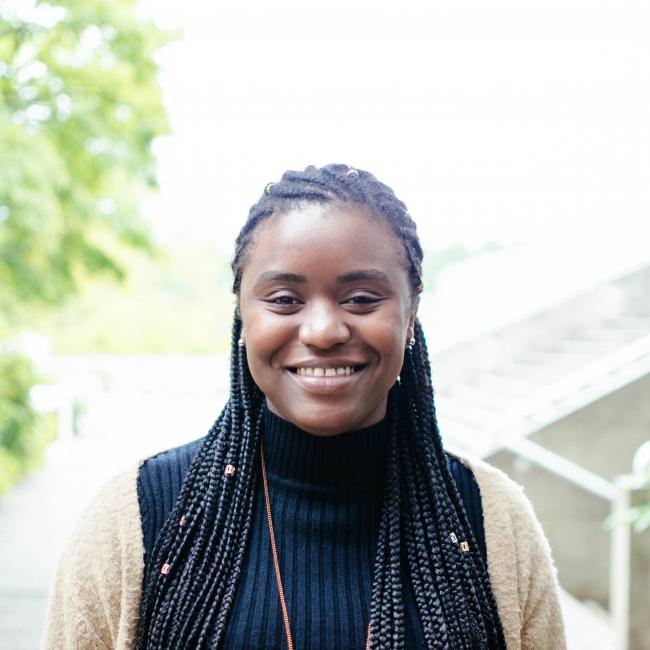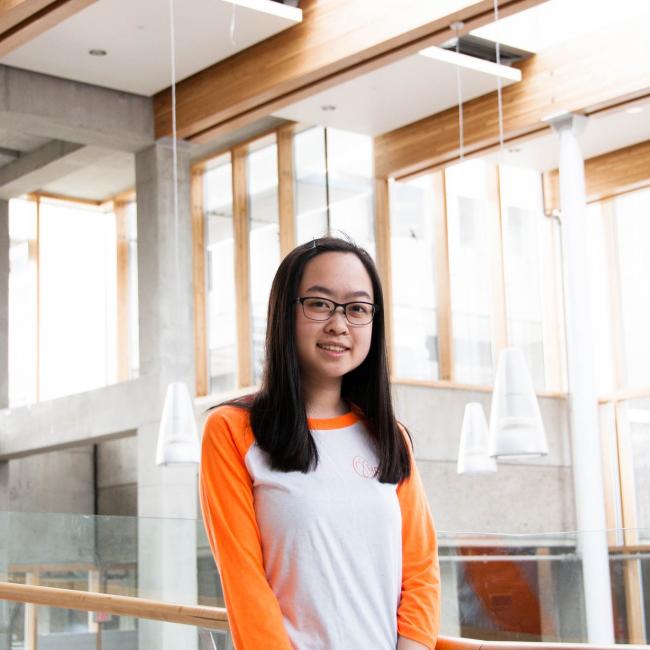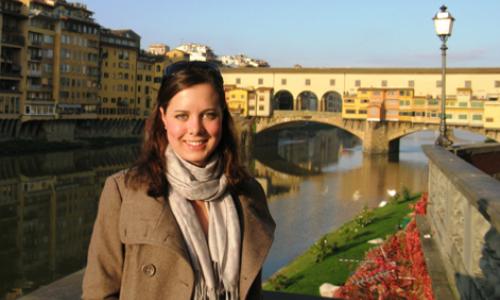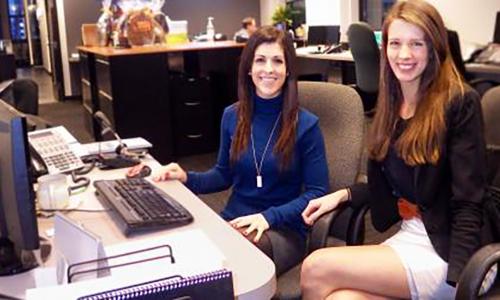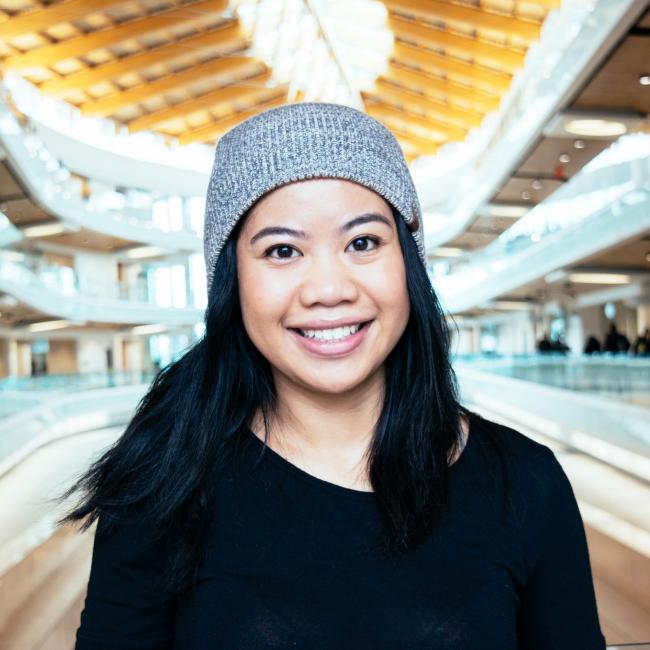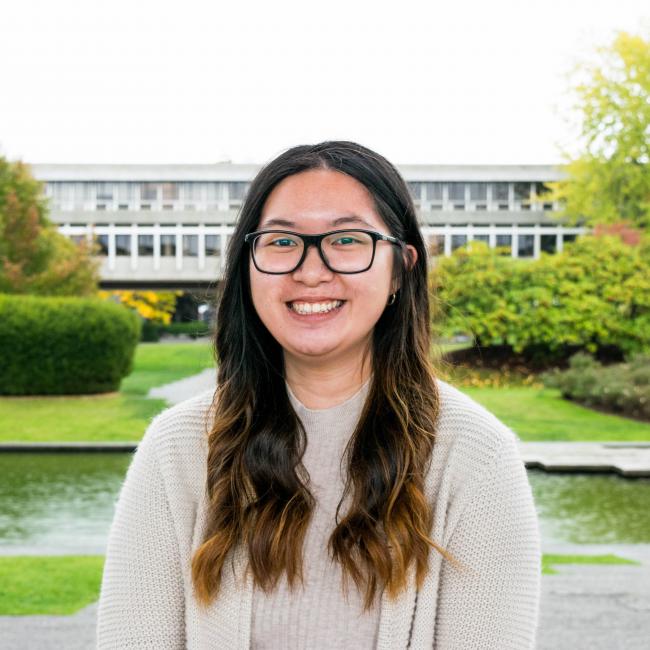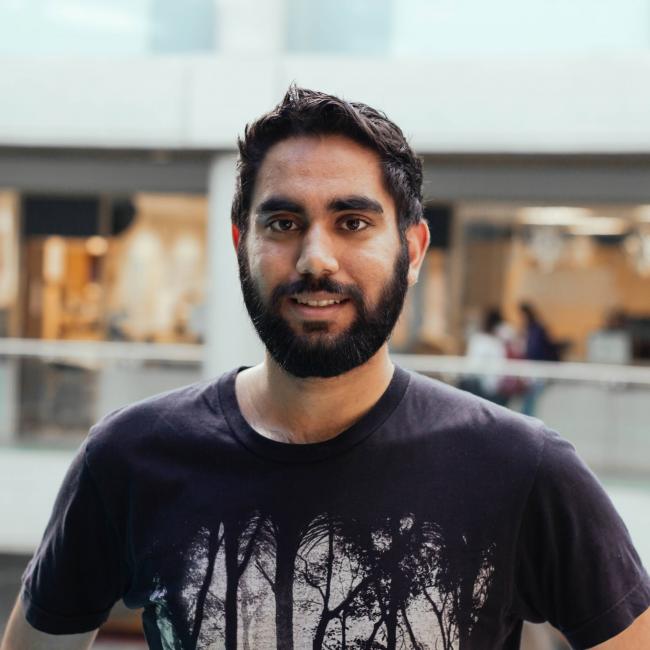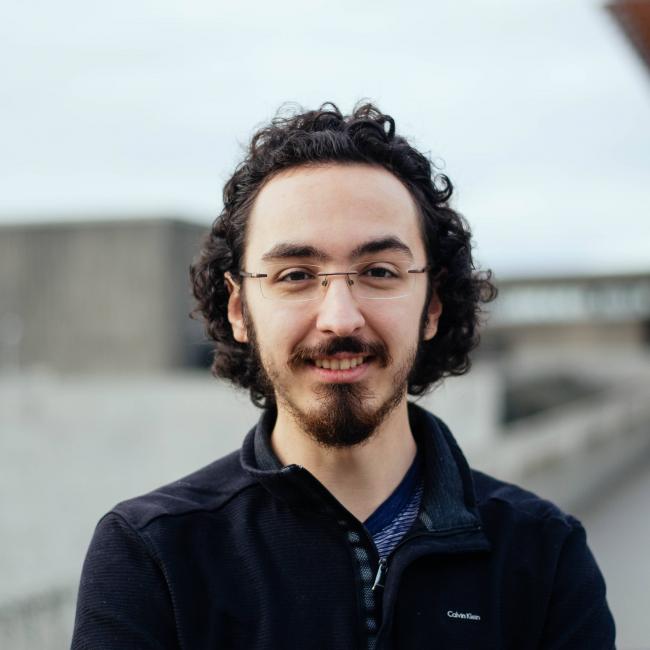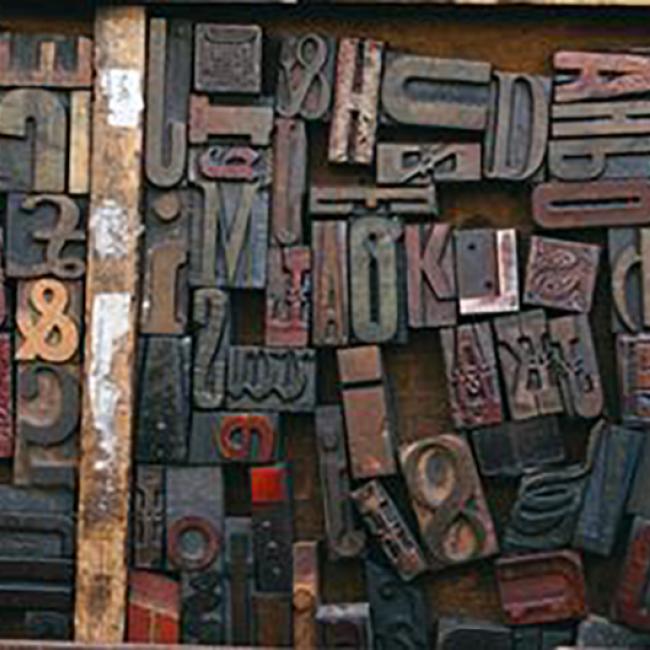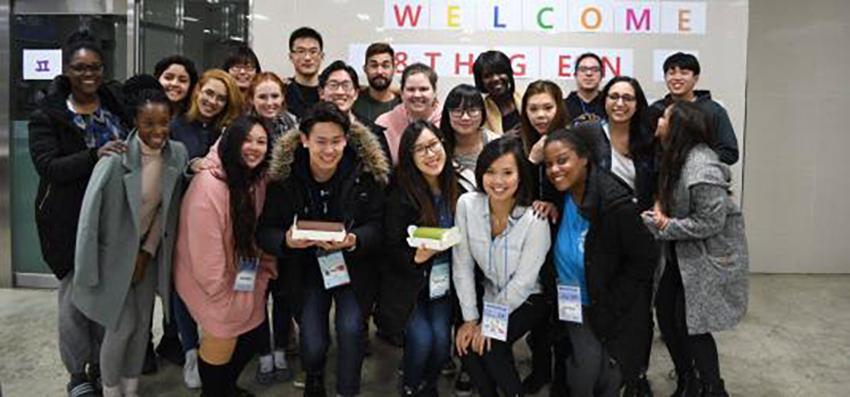
For the past half a year, I have been teaching afterschool English classes as a TaLK Scholar in South Korea. This opportunity of a lifetime has changed not only my perspective as a person, but who I am as an individual that is both learning and teaching in a foreign country. Before I set off on my trip to South Korea, the biggest challenge that I was concerned with was simply teaching English, as language instruction was something that I had little experience in.
I was also not sure what to pack in my luggage. Of the six students who were selected by Simon Fraser University, and later chosen by the South Korea’s National Institute for International Education, only myself and one other student planned to come to South Korea on a 12-month contract, as opposed to the 6-month contract that most others had signed. This meant that I had to pack clothing that would be suitable for all seasons. And I had to find a way to fit it all into two suitcases, each with a maximum weight of 23kg. This made packing perhaps one of the biggest challenges I faced as I prepared for my arrival in South Korea. Adding to this pressure, during the TaLK Info Session, a previous TaLK Scholar told us that we would have to bring teaching materials, such as construction paper, as sometimes this could be difficult to find in the rural regions that we would be teaching in. This meant that I had to somewhat prioritise whether to bring more teaching materials or clothing.
Landing at the airport, and meeting fellow TaLK Scholars from so many different places was a whole new experience. During our orientation, in which we were taught teaching methods and given an introduction to Korean culture, we also had time to socialize and get to know each other. Perhaps the biggest surprise for me was finding that I had a similar interest in Ultimate Frisbee as a fellow teacher from South Africa, who I quickly became friends with. I also met people from England and Australia, and even someone from Mongolia. During the orientation, I got to try many different things, such as Taekwondo and traditional Korean clothing.
After orientation ended, we had a second smaller orientation on how to teach and interact with students, after that it was finally time for the big task. It was time, to begin teaching English at school. The thing that I was most scared and nervous about. At that time, I really began to question my decision to come to South Korea. I wondered if I would be a good teacher, and if the students and other teachers would like me.
The first day of teaching was underwhelming for me, and most likely for the students as well. On my first day, I had all of the students make nametags for themselves and draw pictures of their favorite things, to make it easier for me to get to know them. In the back of my mind, the exercise had all been laid out. But then in the classroom, during the very first lesson, in which all instruction was not understood, I realized the very purpose of why I had come to South Korea -- the students barely knew any English. My lesson essentially was thrown out the window. In hindsight, drawing was not the problem, it was that they did not understand the English words ‘draw’ or ‘favourite’, along with every other English word that I said. Looking back, I realize that I had somewhat disillusioned myself into thinking that this would be an easy job. I thought that the students would already understand some English and that all I would be doing was supplementing their school curriculum and showcasing my own culture. In all the fun I had prior to teaching, I had lost sight of what I had come to South Korea to do. First and foremost, I was there to generate in each student an interest to learn English, even though they knew only a little, if not any English at all.
Prior to starting teaching, each trip interaction I had, had been with other fluent English speakers. In all honesty, I had not needed to speak Korean at all during the orientation, nor did I have much contact with Korean individuals who did not speak English. This resulted in me being somewhat depressed by the disparity between my expectations and reality. The following few days became a game of catch up, in that I was desperately trying to get a hold of the reigns and have the train wreck that was the afterschool lessons back in control. It was then that I finally remembered and realized the very purpose of why I had come to South Korea; and that I had been specifically told and warned that the students barely knew any English. Breaking past this illusion that I had created out of my own false expectations, I started putting the broken bits of the lessons back together, testing the waters, and adjusting to feedback on the student’s progress. The process of helping them gain an interest in English was, and still is, an grueling process. Sometimes, trying to explain different activities and games feels like speaking to statues. And there have been times where I felt that the work was too tiresome, and was reluctant to go on. But when I see the smiles on the students faces as they enjoy the games I plan, and trying to use English when they see me in the hallway, it revitalizes me and gives me the energy to keep trucking on.
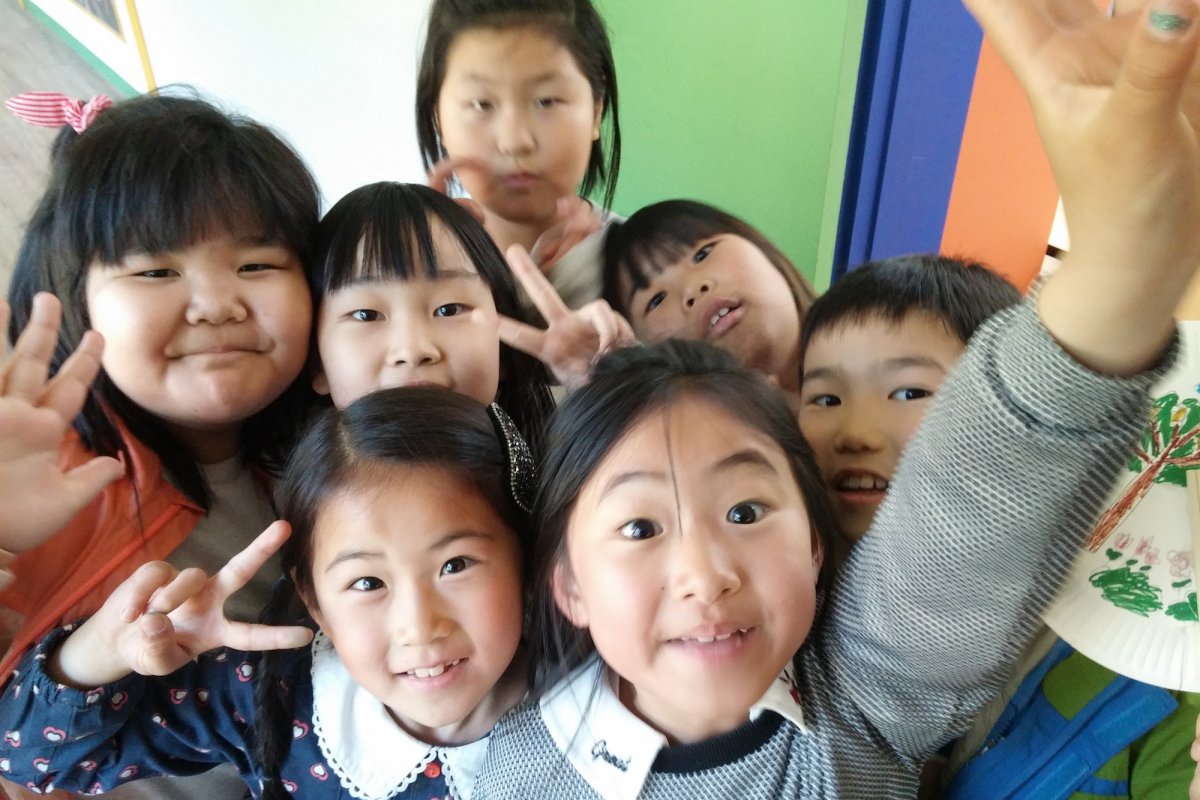
At this halfway point, looking back I see that there was really no point in me being worried about teaching, even if I hadn’t had much experience with it. What was the most important was taking what I learned from my mistakes, and applying them forward. These include lessons such as taking warnings with considerable seriousness, maintaining a degree of objectiveness and awareness in all situations, and finally, when in doubt, simply expect the worst. It may sound pessimistic and negative, but if you expect the worst, and prepare for the worst, nothing can disappoint you. In fact, you might find that you are exceedingly prepared for the task at hand. All these important lessons I have rediscovered, and they will stick with me long after this international co-op placement is over.
The TaLK Program was cancelled in 2021 because of unforeseen complications from the pandemic. Students interested in teaching in Korea may want to consider the EPIK Program.
Beyond the Blog
-
To learn more about opportunites like Jeremiah's, visit the International Co-op homepage.










